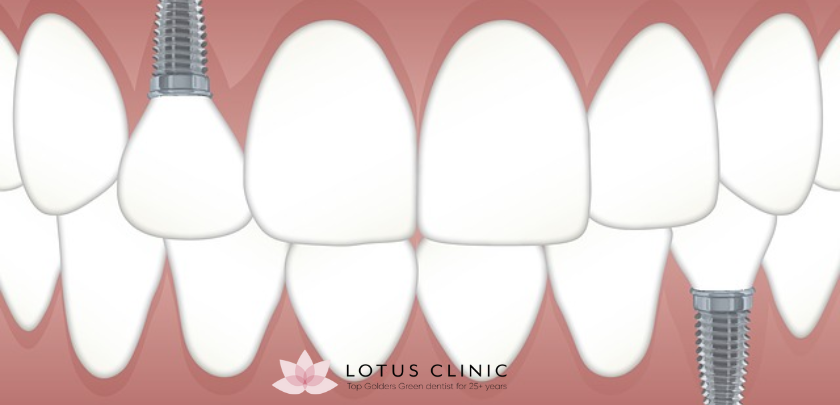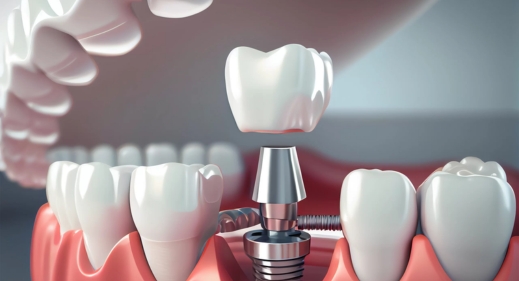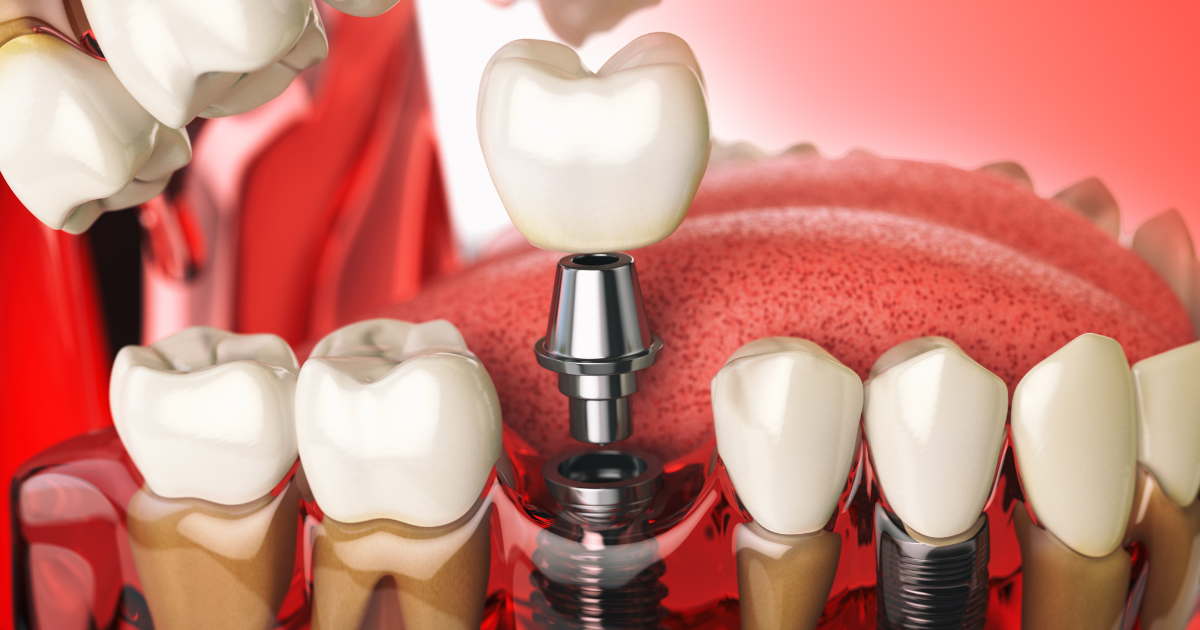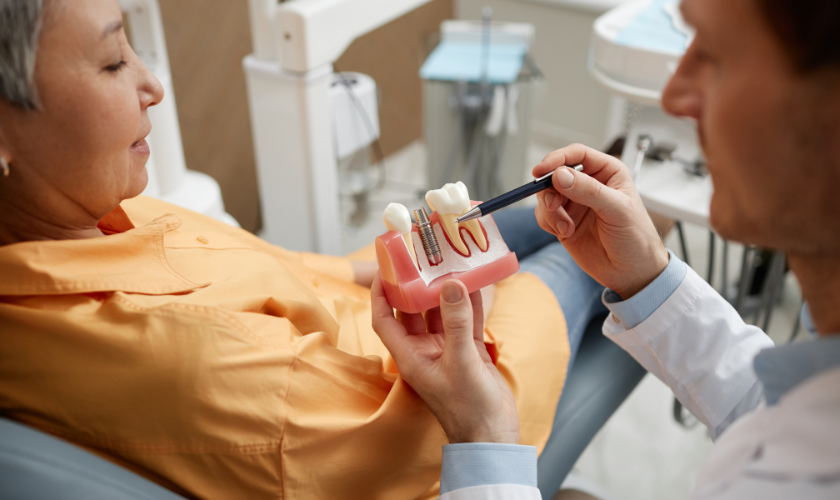943 Finchley Rd, London NW11 7PE
Top Questions to Ask Your Dentist Before Getting Dental Implants

Dental implants have revolutionised dental care, offering a permanent and aesthetically pleasing solution for missing teeth. However, with any medical procedure, especially one involving surgery, thorough research and informed decision-making are crucial. This blog aims to empower you by providing a comprehensive list of questions to ask your dentist before getting dental implants.
Exploring Your Candidacy
Q: Am I a good candidate for dental implants?
A: This initial question sets the stage for the entire process. Your dentist will assess your oral health, jawbone density, and any underlying medical conditions to determine if implants are suitable for you.
Q: What factors could affect my candidacy?
A: Several factors can influence your suitability for implants, including gum disease, inadequate bone volume, and uncontrolled diabetes. Knowing these potential hurdles allows you to discuss solutions and alternative treatment options if necessary.
Q: What tests are needed to assess my candidacy?
A: Understanding the evaluation process helps alleviate anxiety and provides insight into your overall oral health. X-rays, CT scans, and blood tests are commonly used to assess bone health, jaw structure, and overall health suitability.
Understanding the Procedure
Q: What does the dental implant procedure involve?
A: Gaining a clear understanding of the procedure steps, from initial placement to crown attachment. As a result, it empowers you to manage expectations and approach the process confidently.
Q: What type of anaesthesia will be used?
A: Understanding the options available, such as local anaesthesia or sedation. This allows you to discuss your preferences and anxieties with your dentist and choose the most comfortable approach.
Q: What level of discomfort can I expect during and after the procedure?
A: Initial discomfort is minimised due to anaesthesia. However, it’s important to know what to expect in terms of post-operative soreness and swelling to help you plan your recovery accordingly.
Q: What is the typical recovery timeline?
A: Understanding the expected recovery time allows you to plan work schedules and adjust activities as needed for a smooth and comfortable recovery.
Addressing Practical Concerns
Q: How long will the entire process take, from consultation to final placement?
A: Knowing the overall timeframe helps you plan and manage your expectations regarding the treatment duration.
Q: What are the costs involved, and does my insurance cover any part of the procedure?
A: Dental implants are an investment. Discussing upfront costs, payment options, and potential insurance coverage allows for informed financial planning.
Q: What are the potential risks and complications associated with dental implants?
A: Like any medical procedure, implants come with potential risks like infection, implant failure, or nerve damage. Discussing these possibilities allows you to assess the risks and benefits and make an informed decision.
Ensuring Long-Term Success
Q: What is the expected lifespan of dental implants?
A: While dental implants are known for their longevity, understanding their typical lifespan helps you plan for potential future maintenance or replacement needs.
Q: How do I care for my dental implants to ensure their longevity?
A: Proper care is crucial for the long-term success of your implants. Your dentist will discuss specific hygiene routines, dietary modifications, and potential risks like smoking that can impact implant longevity.
Q: What should I do if I experience any problems after the procedure?
A: Knowing the signs of potential complications and understanding the protocol for addressing them ensures you receive prompt treatment if any issues arise.
By asking insightful questions and actively engaging in discussions with your dentist, you can gain the knowledge and confidence to make informed decisions about dental implants. Remember, your dentist is your partner in achieving optimal oral health. Don’t hesitate to ask any questions you may have, no matter how trivial they may seem. Ultimately, open communication with your dentist is key to a successful and positive dental implant experience.







